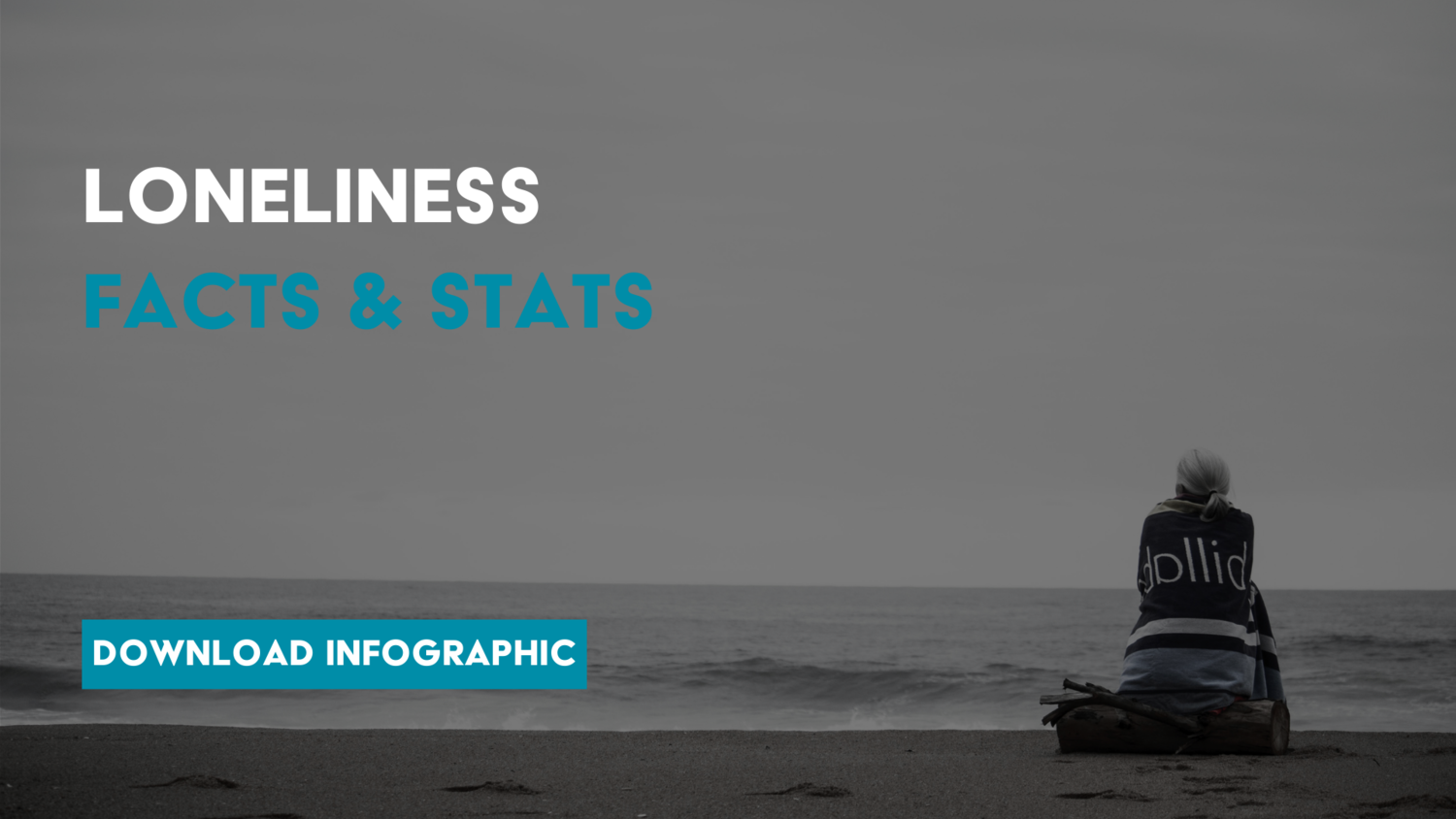Caring for the Lonely in Lockdown
“How’s your daughter in North Africa doing?” I asked.
The satisfying crunch, crunch of brittle leaves beneath our feet halted.
“It’s been really hard for her,” my friend said with a heavy sigh. “She doesn’t do well all alone in her apartment.”
If I were choosing a frontrunner for the saddest word in the English language, I’d choose alone. Perhaps the world has never felt like a lonelier place than in this season of uncertainty, unrest, and isolation.
Who Is Lonely?
Research has long indicated that some are more likely to be lonely than others: adults aged 18-30 or over 65, women, those who live alone, those with low income, and the unemployed are among the categories usually recognized to have an increased risk of significant loneliness.
Since the onset of COVID-19, loneliness and the accompanying mental health risk for those living alone between the ages of 18-30 have been particularly amplified. (Bu et al., 2020)
That means that young singles, like my friend’s daughter, are the most likely among us to be struggling with increased mental health hurdles such as anxiety and depression as a result of the current public health restrictions.
In See Beyond’s resources, you can learn more about factors affecting loneliness before and during the pandemic.
“The smallest act of kindness is worth more than the greatest intention.”
— Khalil Gibran
Combating Loneliness
By now, most of us have probably read at least one list of the top ten ways you can combat loneliness during COVID-19. Common suggestions include exercise, creativity, cooking, learning new skills, and keeping a routine. All of the above are certainly good ideas, even during “normal” times.
However, by themselves, they fail to provide human connection.
Reaching Out
If you live alone, you know it can be more complicated and uncomfortable than it sounds to reach out to others when you are lonely.
“There’s that friend from college I haven’t contacted in two years, but she probably doesn’t want to talk to me.”
“If I call my family too often, they may worry about me.”
“I guess I could text him, but I only met him a few times.”
Sound familiar? It probably does, whether or not you live alone. Then again, you are likely also acquainted with the joyful exclamation:
“I’m so glad you called! It was great to hear from you; we should do this again soon!”
Singles Remembered
If you don’t live alone but are wondering how you can reach out to someone who does, consider a few examples of ways that real people have recently reached out to single friends who live alone.
“She let me study at her house for a few hours while she was away at work. It was a breath of fresh air!” my friend reported, bouncing in her computer chair. “I just needed a different place to be. It was so helpful to be in a new space, even if no one else was there!”
“I’ve been doing regular phone-call book studies with a friend!” another single friend shared as one of the highlights from the past several months.
“People reaching out on social media have helped me to be in touch with friends so I don’t feel so isolated,” shared another young woman.
“We just spent some time thinking together about what we want to do in the future,” said another young woman, reflecting on an especially helpful conversation.
Singles’ Friends Reflected
“My mom has delivered food, had yard visits, texts, and phone calls to encourage her and remind her she is not alone.”
One person thought at first that she really hadn’t reached out much, but then remembered:
“I’ve dropped off baked goods and birthday gifts several times. . . and sent memes, of course.”
The Effect?
What kind of effect do such little gestures have on those who live alone and on those who reach out? I asked several friends that question, and here is what they said:
“It felt like we helped each other to forget about COVID and all the bad things going on. I was reminded that this is not forever.”
“When friends check in, it makes me feel cared for.”
“When a friend reaches out with a message or call, I appreciate so much just knowing that someone thought about me!”
“Having someone to talk to for a while reminded me that there is still hope. It lifted my spirits and was so encouraging!”
“We aren’t the only support for these friends, but they are our neighbors. We are thankful to be able to support them in some small ways.”
Small Acts
This season of physical distancing, closures, curfews, quarantines, and lockdowns is trying for all of us, but can be difficult in unique ways for singles.
Wouldn’t it have been beautiful if, on that lovely fall walk, my friend had been able to say: “It’s challenging for my daughter living alone in her apartment, but she has been reminded often of just how many people love and care about her.”
Lebanese writer Khalil Gibran once said, “The smallest act of kindness is worth more than the greatest intention.”
You may not be able to do the traditional things like hug, meet in a coffee shop, or invite a single person over for dinner right now. You may not feel like you have anything life-changing to offer. But, how might you still be able to touch the life of someone who lives alone?
More articles on loneliness that you may find useful:
Works Cited:
Bu, F., Steptoe, A., & Fancourt, D. (2020). Who is lonely in lockdown? Cross-cohort analyses of predictors of loneliness before and during the COVID-19 pandemic. medRxiv.



